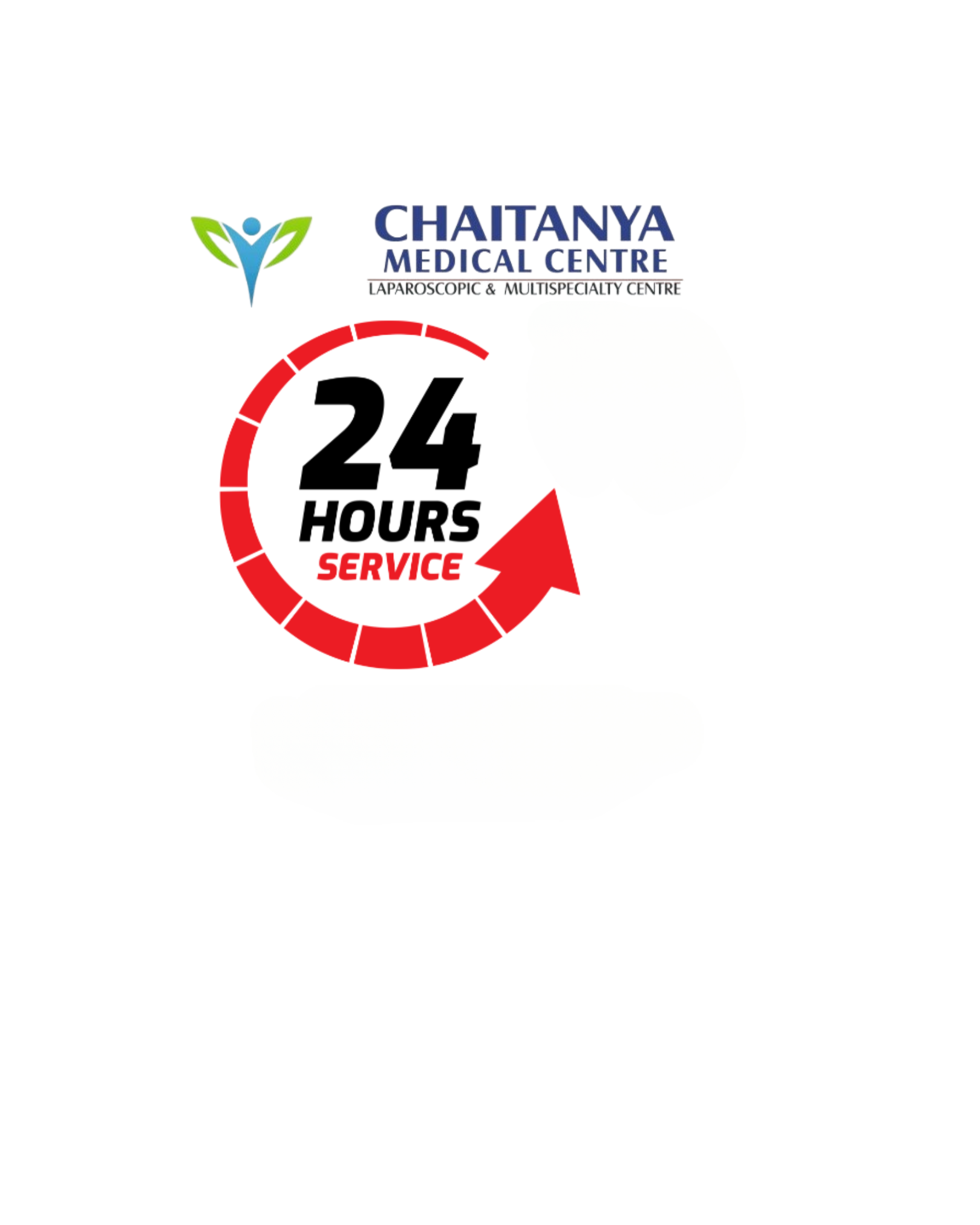Phone : +919538699915

A fissurectomy and fistulotomy are two different surgical procedures used to treat conditions related to the anal canal and rectum. Here’s an overview of each procedure:
1. Fissurectomy:
• Indication: A fissurectomy is a surgical procedure performed to treat an anal fissure. An anal fissure is a small tear or cut in the lining of the anal canal, which can cause pain and bleeding during bowel movements.
• Procedure: During a fissurectomy, the surgeon removes the affected tissue around the anal fissure. This is done to promote healing and reduce the risk of the fissure recurring. Fissurectomy is often performed with local anesthesia, and it is typically an outpatient procedure.
• Recovery: Recovery from a fissurectomy is usually relatively quick, and patients are often able to resume normal activities within a few days. Dietary and lifestyle modifications may be recommended to prevent future fissures.
2. Fistulotomy:
• Indication: A fistulotomy is a surgical procedure used to treat an anal fistula. An anal fistula is an abnormal tunnel or passageway that forms between the anal canal and the skin near the anus. It often results from an infection in an anal gland.
• Procedure: During a fistulotomy, the surgeon makes an incision along the length of the fistula tract, effectively opening and draining the fistula. This procedure helps promote healing and prevent recurrent infections. Fistulotomies are typically performed with local or general anesthesia and may require a brief hospital stay.
• Recovery: Recovery from a fistulotomy can vary depending on the complexity of the fistula and the individual’s overall health. Patients may need to avoid certain activities and follow post-operative care instructions to ensure proper healing.
Both fissurectomies and fistulotomies are surgical interventions aimed at treating specific anal conditions. The choice between these procedures depends on the diagnosis and the patient’s medical history. It’s important for individuals with these conditions to consult with a healthcare provider or colorectal surgeon to determine the most appropriate treatment approach and discuss potential risks and benefits.
Add Comment
CHAITANYA MEDICAL CENTRE.All Rights Reserved © 2026








Comments
Be the first to review